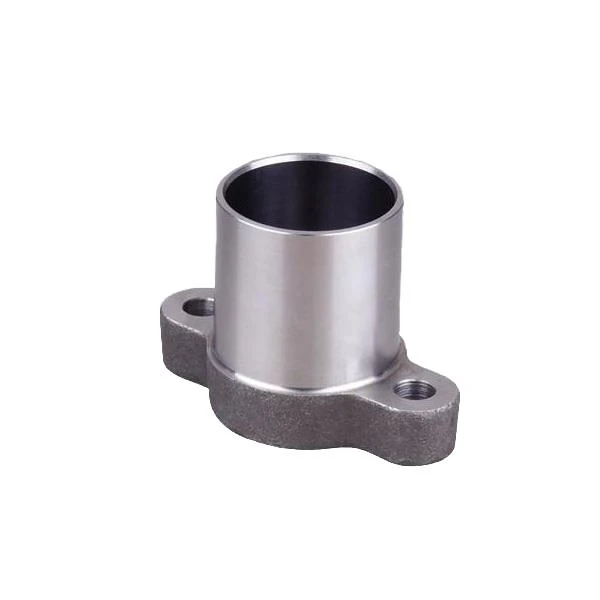precision machining
The Impact of Precision Machining in Modern Manufacturing
Precision machining is a critical component of modern manufacturing, renowned for its ability to produce high-quality parts with tight tolerances and exceptional accuracy. As industries evolve and the demand for intricate components increases, precision machining continues to play a pivotal role in various sectors, including aerospace, automotive, medical devices, and electronics.
At its core, precision machining involves the use of advanced machinery and technology to remove material from a workpiece to achieve the desired shape, size, and finish. This process encompasses various methods, such as turning, milling, grinding, and electrical discharge machining (EDM), each serving specific applications and yielding different results. The key distinguishing feature of precision machining is its ability to achieve tolerances often measured in micrometers, a feat that traditional machining methods cannot consistently attain.
One of the primary advantages of precision machining is its ability to produce components that meet stringent industry standards. For example, in the aerospace sector, components must withstand extreme temperatures and pressures, necessitating flawless performance and reliability. The high precision achieved through modern machining techniques ensures that parts can function safely and effectively in demanding environments. Similarly, in the medical field, precision machining is vital for creating life-saving devices and instruments, where even the slightest deviation can have serious consequences.
Another significant benefit of precision machining is its efficiency in producing complex geometries. Advanced CNC (Computer Numerical Control) machines can carry out intricate designs that would be impossible or too costly with manual processes. This capability not only reduces production times but also diminishes material waste, leading to a more sustainable manufacturing process. As industries strive to lower their environmental impact, the ability to optimize resource use through precision machining becomes increasingly valuable.
precision machining

Moreover, the integration of automation and robotics has further enhanced the efficiency and accuracy of precision machining. Automated systems can perform repetitive tasks with little or no human intervention, reducing the risk of errors and speeding up production rates. This shift towards automation has allowed manufacturers to meet the growing demand for precision components while minimizing labor costs and maximizing output.
However, precision machining is not without its challenges. One notable issue is the requirement for skilled labor. The complexity of precision machining processes necessitates a workforce that is well-versed in operating sophisticated machinery and interpreting technical drawings. As technology evolves, the demand for highly trained machinists and engineers continues to rise. Educational institutions and training programs must adapt to ensure that the next generation of workers is equipped with the necessary skills to thrive in this field.
Furthermore, the initial investment in advanced precision machining equipment can be substantial. Companies must weigh the costs of cutting-edge technology against the potential benefits it offers in terms of increased efficiency and product quality. For many manufacturers, this upfront investment is justified by the long-term gains in productivity and competitiveness.
In conclusion, precision machining is an indispensable aspect of modern manufacturing, enabling the production of high-quality components across various industries. Its ability to achieve tight tolerances, produce complex geometries, and adapt to changing demands highlights its significance in today’s fast-paced market. As technology continues to advance, precision machining will likely evolve, incorporating innovations that further enhance its capabilities and address the challenges it faces. For businesses committed to quality and efficiency, precision machining is not just a process; it is a cornerstone of successful manufacturing strategies.
-
Aluminium Pressure Die Casting High-Precision & Durable Solutions for Complex PartsNewsJul.08,2025
-
Top Aluminum Sand Castings Manufacturer – Precision Green Sand Castings for Industrial NeedsNewsJul.08,2025
-
Precision Lost Wax Casting Quotes – High Accuracy Custom Parts Lost Wax Precision Casting ServicesNewsJul.07,2025
-
High-Quality Sand Used for Casting - Superior Sand for Sand Casting ProcessesNewsJul.07,2025
-
China Supply High End Metal Stamping Parts Sino - Precision Manufacturing FactoryNewsJul.06,2025
-
High-Quality Automotive Investment Casting Services Precision & Sand Casting SolutionsNewsJul.06,2025















